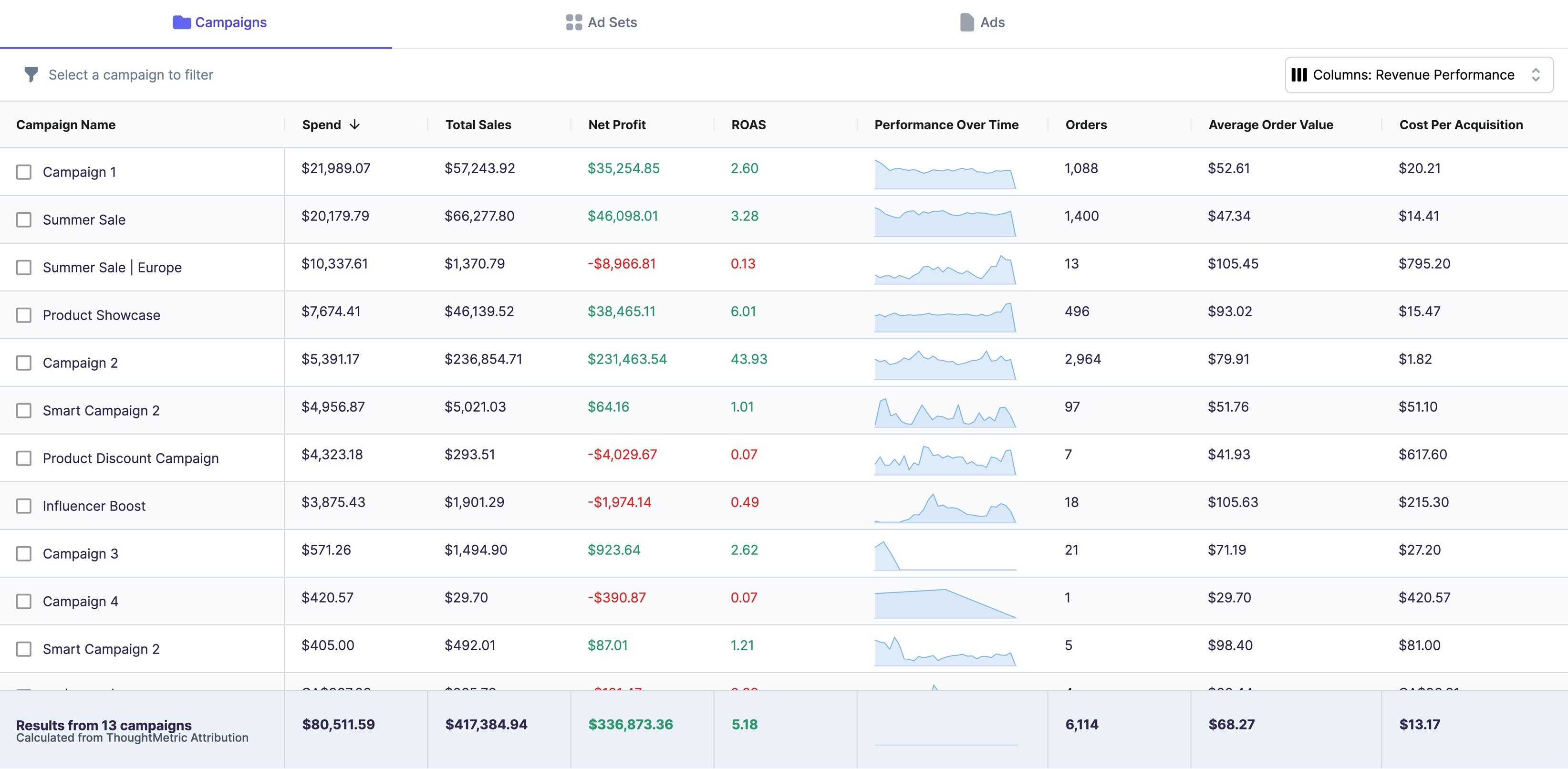If you're looking to improve your search engine rankings or increase website traffic, keyword research is a vital aspect of your SEO (search engine optimization) strategy. By understanding how potential customers search for your product or service, you can optimize your website content and improve your chances of appearing in relevant search results. Google Analytics is a powerful tool that can help you identify the right keywords to target.
Understanding Google Analytics and Keywords
Google Analytics is a free web analytics tool that provides data about your website's traffic and performance. Through this tool, you can identify which web pages are generating the most traffic, what visitors are searching for on your site, and how users are accessing your website. One of the key features of Google Analytics is the ability to track keyword data, which can provide valuable insights into your audience's search behavior.
Importance of Keywords in SEO
Keywords are words or phrases that represent the topic or themes of your website or web pages. These are the terms that people type into search engines like Google when they're looking for specific information. By incorporating relevant keywords into your website content, you can increase the chances of appearing in relevant search results. This, in turn, can improve your website traffic and online visibility.
However, it's important to note that keyword stuffing, or overusing keywords in your content, can actually hurt your SEO efforts. Google's algorithm is designed to prioritize high-quality, informative content that provides value to users, rather than content that is simply stuffed with keywords.
That's why it's important to conduct thorough keyword research before incorporating keywords into your content. By understanding which keywords are relevant to your audience and incorporating them in a natural and informative way, you can improve your website's search engine rankings and attract more traffic.
How Google Analytics Works
Google Analytics collects data through a piece of tracking code that is placed on your website's pages. This code tracks visitor behavior, such as how they arrived at your site (i.e. through a search engine or direct link), which pages they viewed, and how long they stayed on each page. Through this data, Google Analytics is able to provide reports on user behavior and traffic sources.
One of the key benefits of Google Analytics is that it allows you to track the performance of specific keywords. By monitoring which keywords are driving the most traffic to your website, you can optimize your content and improve your search engine rankings for those keywords. Additionally, you can identify new keywords that are driving traffic to your site and incorporate them into your content strategy.
Overall, Google Analytics is a powerful tool for understanding your website's performance and improving your SEO efforts. By leveraging keyword data and user behavior insights, you can attract more traffic to your site and improve your online presence.
Setting Up Google Analytics for Keyword Tracking
If you're looking to improve your website's search engine optimization (SEO), tracking keywords is a crucial step. By tracking the keywords that bring visitors to your site, you can optimize your content and improve your search rankings. One of the best tools for keyword tracking is Google Analytics.
Creating a Google Analytics Account
The first step to using Google Analytics is to create an account. This process is free and relatively simple. All you need to do is visit the Google Analytics website and sign up using your Google account. If you don't have a Google account, you can create one for free.
Once you've created an account, you'll receive a tracking code that you'll need to add to your website. This tracking code is what allows Google Analytics to collect data about your website's visitors.
Installing Google Analytics on Your Website
Adding the tracking code to your website is a crucial step in setting up Google Analytics. The exact process for adding the code will vary depending on your website's platform and CMS. However, most platforms have a relatively simple process for adding the code.
For example, if you're using WordPress, you can install a plugin to simplify the process. The plugin will automatically add the tracking code to your website, so you don't need to worry about manually adding the code.
Configuring Keyword Tracking Settings
Before you can start tracking keywords, you need to configure your Google Analytics settings. This includes setting up goals and filters, which will help you track the right keywords for your business.
Setting up goals allows you to track specific actions on your website, such as form submissions or product purchases. By tracking these actions, you can see which keywords are driving the most conversions on your website.
Filters are another important tool for keyword tracking. They allow you to exclude certain traffic sources or IP addresses from your data, which can help you get a more accurate picture of your website's performance.
By configuring your Google Analytics settings and tracking keywords, you can gain valuable insights into your website's performance and improve your SEO strategy.
Navigating Google Analytics to Find Keywords
Accessing the Acquisition Report
The Acquisition report in Google Analytics provides a wealth of information about how visitors are arriving at your website. By selecting the Organic Search option, you can view the keywords that users are searching for when they find your website through search engines.
Analyzing the Organic Search Report
The Organic Search report provides data on the keywords that are generating traffic to your website. By analyzing this data, you can identify which keywords are driving the most traffic and optimize your content around those terms.
Interpreting Keyword Data
When analyzing keyword data, it's important to look beyond just the number of visits. You should also consider factors such as bounce rate, average session duration, and conversion rates. This can help you determine which keywords are actually driving quality traffic and which ones you may need to re-evaluate.
Identifying High-Performing Keywords
Evaluating Keyword Relevance
When identifying high-performing keywords, it's important to ensure that they are relevant to your business and website content. While a keyword may drive a lot of traffic, it may not necessarily be relevant or valuable to your business.
Assessing Keyword Search Volume
You should also consider the search volume of your keywords - i.e. the number of people searching for them. While high-traffic keywords may be valuable, they may also be highly competitive and difficult to rank for. Balancing search volume and competition can help you identify the most valuable keywords for your SEO strategy.
Analyzing Keyword Conversion Rates
Finally, it's important to look at how your keywords are converting. Are visitors who arrive through certain keywords more likely to make a purchase or complete a desired action? By analyzing this data, you can further refine your keyword strategy and focus on the keywords that are most likely to drive conversions.
Conclusion
By utilizing Google Analytics to track and analyze keyword data, you can develop a more targeted SEO strategy and improve your website's search engine rankings. Remember to regularly review your keyword data and optimize your content accordingly. With the right approach, you can use keywords to drive quality traffic and grow your online presence.

